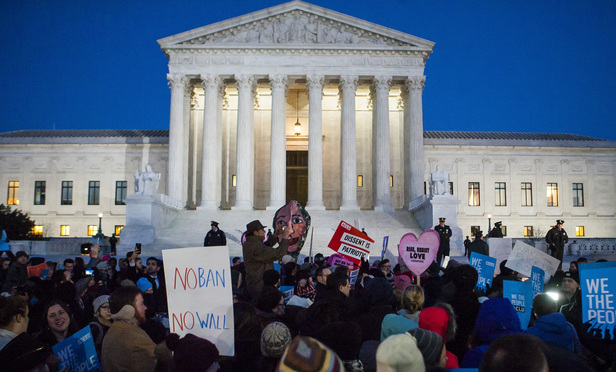There are cases now pending—such as Washington v. Trump and Hawaii v. Trump—where the states are seeking extensive federal records via e-discovery to reject the Trump administration’s travel ban. But Justice Department attorneys, who are representing the federal government, claim the information sought in the Washington case, much of it related to executive orders, is actually protected by various privileges.
As a result, e-discovery could play a key role in the litigation brought by several states against the travel ban. And as with many issues surrounding e-discovery, there is no bright-line rule to determine what information can and cannot be collected.
This content has been archived. It is available through our partners, LexisNexis® and Bloomberg Law.
To view this content, please continue to their sites.
Not a Lexis Subscriber?
Subscribe Now
Not a Bloomberg Law Subscriber?
Subscribe Now
LexisNexis® and Bloomberg Law are third party online distributors of the broad collection of current and archived versions of ALM's legal news publications. LexisNexis® and Bloomberg Law customers are able to access and use ALM's content, including content from the National Law Journal, The American Lawyer, Legaltech News, The New York Law Journal, and Corporate Counsel, as well as other sources of legal information.
For questions call 1-877-256-2472 or contact us at [email protected]



